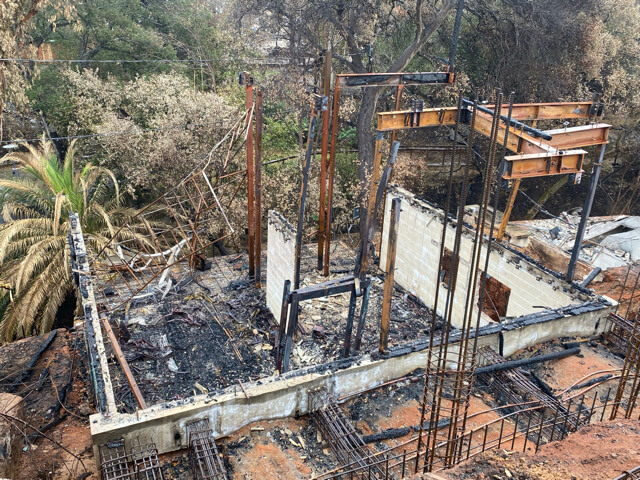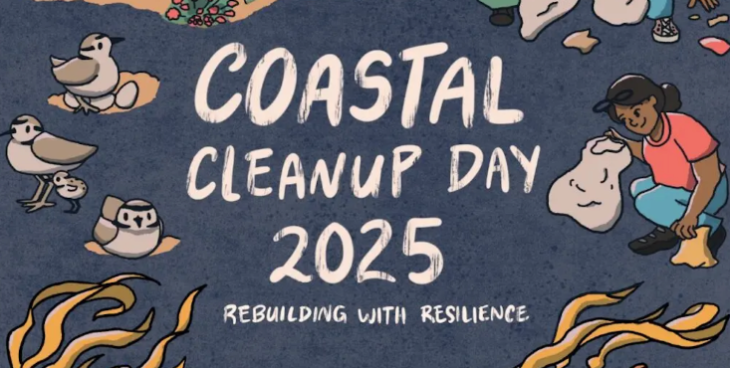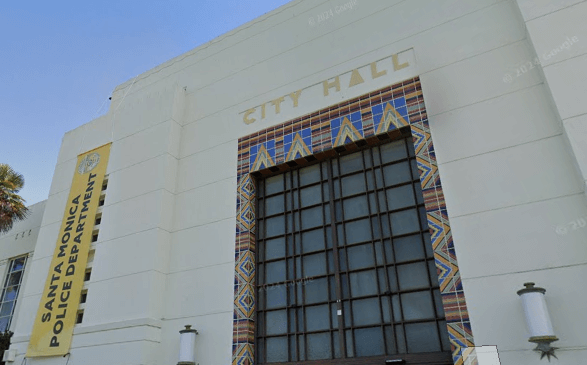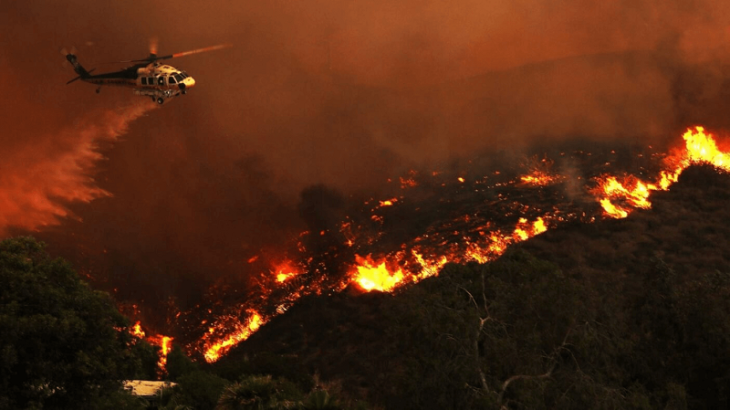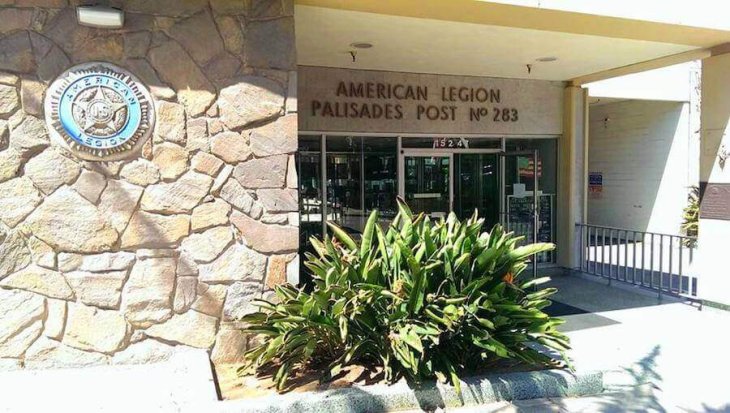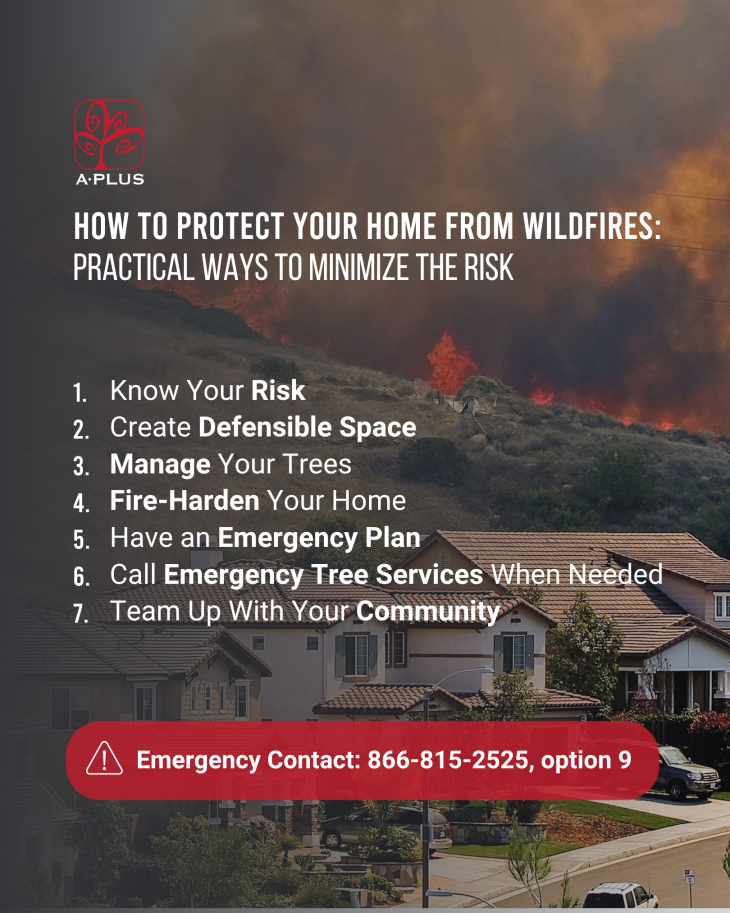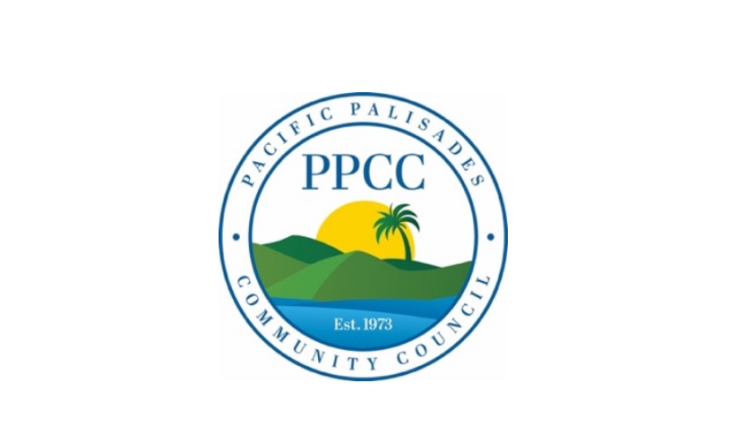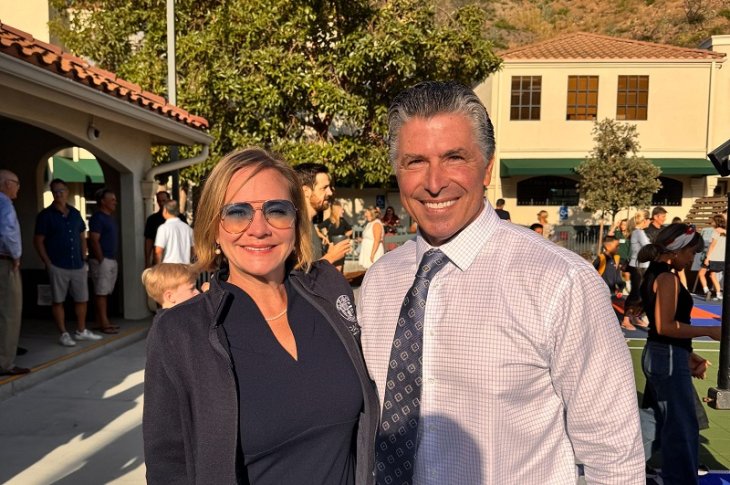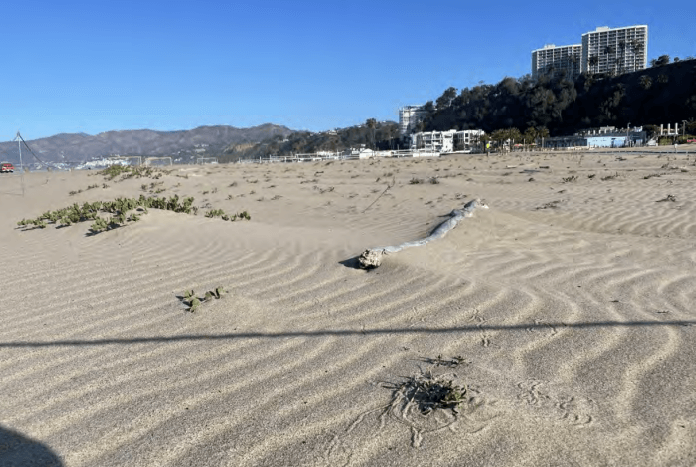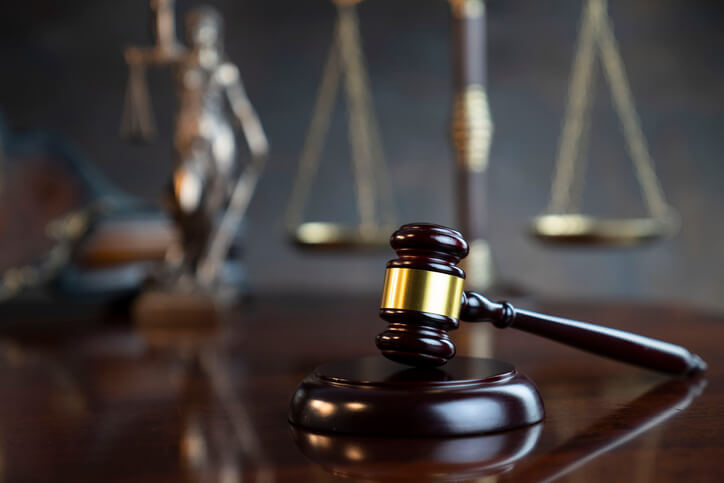Officials emphasized that the expedited abatement process is essential to avoid further delays in recovery efforts
The Los Angeles County Board of Supervisors on Tuesday approved an urgency ordinance authorizing the county to remove fire debris from private properties that remain uncleared following the January 2025 wildfires, if owners fail to act by June 30.
The motion, introduced by Supervisors Lindsey P. Horvath and Kathryn Barger, sets a June 1, 2025, deadline for property owners to apply for a debris removal permit. If debris is not cleared by June 30, the county will intervene and may place a lien on the property to recover costs, according to a county press release.
“We know that recovery is incredibly difficult — and we appreciate the gravity of what residents are going through,” Horvath said. “This motion ensures we take every responsible step to keep our neighborhoods safe, healthy, and on track for recovery.”
More than 12,000 fire-damaged properties were affected by the fires. While most have opted into the federally supported Private Property Debris Removal (PPDR) program — operated by the U.S. Army Corps of Engineers (USACE) — or have opted out and begun private cleanups, over 400 properties in unincorporated areas remain inactive, according to county officials.
“It is critical that we act swiftly to remove fire debris from properties that remain uncleared following the devastating January wildfires,” Barger said. “This urgency ordinance helps ensure that public health and safety will be safeguarded.”
The motion cites health concerns tied to uncontained fire ash and debris, which county officials have classified as a public health hazard. The ordinance allows for “summary abatement,” which means LA County Public Works can begin cleanup without further notice after the deadline, though property owners will have the opportunity to appeal.
The PPDR program, bolstered by federal aid, is clearing debris from more than 3,000 properties per month, according to the ordinance text. The county opened applications for the program and for private opt-outs on January 28. The final deadline to opt in was April 15.
Officials emphasized that the expedited abatement process is essential to avoid further delays in recovery efforts. The ordinance also includes exemptions from the California Environmental Quality Act (CEQA), as outlined in Governor Gavin Newsom’s January 31 executive order declaring a state of emergency.

